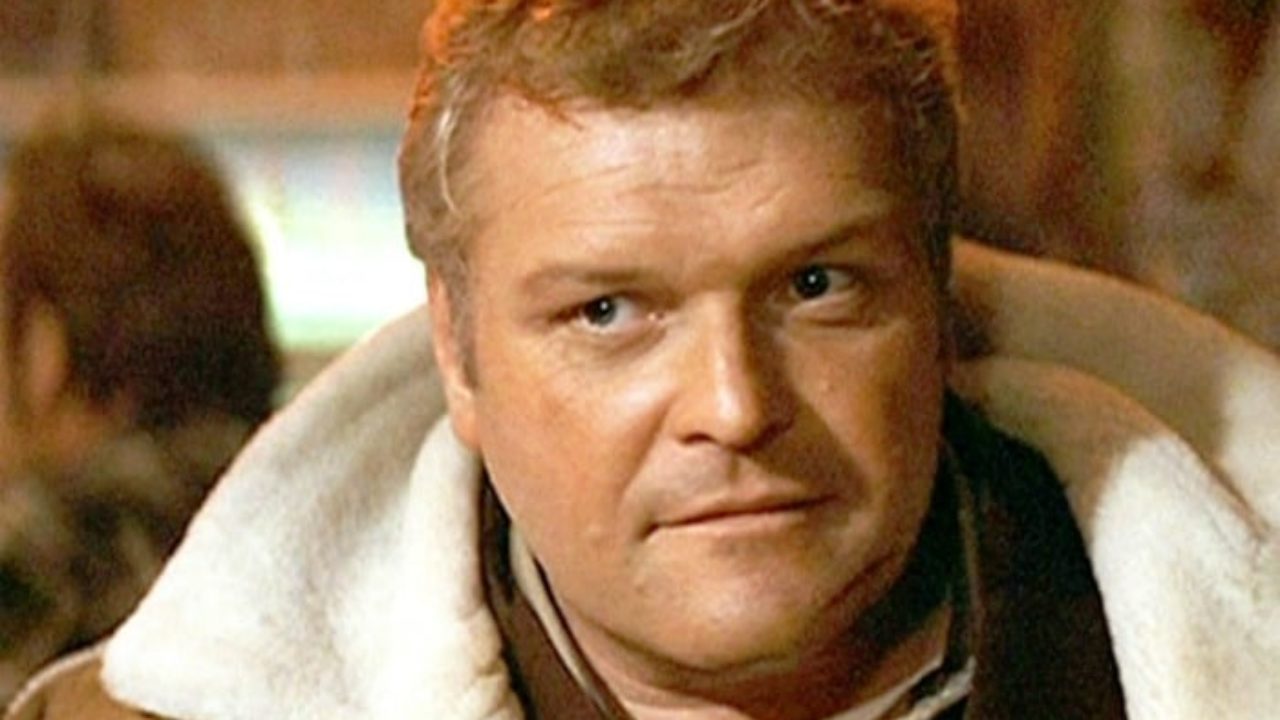Somehow both equally larger than life and grounded in a relatable way, Brian Dennehy was a giant of the stage, the winner of two Tony Awards and a regular performer in Chicago’s theatre circuit. He was also a deeply underrated screen actor, often supporting flashier leading roles in solid, reliable supporting roles. For decades he graced the stage and screen in a way that always made you smile when he showed up but never in a way that felt flashy or showy. He was an inspiration to many, the winner of a Golden Globe and nominee for six Emmy Awards, and we send our condolences to his friends and family.
His bulky stature allowed him success as a football player at a young age, getting a scholarship in the sport at Columbia University, from which he graduated not to a football team but to Yale University for a graduate program in dramatic arts. He worked to make ends meet as a stockbroker in Manhattan for years, and broke through on the big screen at a relatively late age, first getting attention as Sheriff Will Teasle in the massive hit “First Blood,” which introduced the world to Sylvester Stallone’s second iconic character, John Rambo. Before that, he had appeared in “Semi-Tough,” “Foul Play,” and “10,” but “First Blood” was the film for which he will largely be most-remembered, although other ‘80s hits like “Silverado” and “Cocoon” helped define his character image in the era.
While children of that era will likely remember him for those films, the next one probably first thinks of “Tommy Boy” when they hear the name Brian Dennehy. He showed a playful spirit as Chris Farley’s father in that film, and was reunited with “10” co-star Bo Derek. And yet another generation may recognize his voice as that of Django, the father of Patton Oswalt’s Remy, in “Ratatouille.”
During his rise in the ‘80s, Brian Dennehy became a staple of the Made-for-TV movie, which actually led to a stunning six Emmy nominations for films like “A Killing in a Small Town,” “The Burden of Proof,” “To Catch a Killer,” and more, which represent only a small fraction of the numerous TV flicks he made in the ‘80s and ‘90s.
In 1999, he appeared in a widely acclaimed revival of Death of a Salesman, which won him awards around the world, including a Laurence Olivier Award for its London run, a Drama Desk Award, a Tony Award, and a Golden Globe for the TV film adaptation. Willie Loman was the perfect part for Dennehy, a truly American actor playing an iconic American role on the stage. He would nearly match that success with a revival of Eugene O’Neill’s Long Day’s Journey Into Night, which also won him a Tony. Both productions started their lives at the Goodman Theatre in Chicago before moving to Broadway. These are merely minor highlights of a major stage career that includes performances around the world, including a Goodman revival of The Iceman Cometh in 2012.
Other film highlights include “F/X,” “Legal Eagles,” “The River Rat,” “Presumed Innocent,” “Romeo + Juliet,” “She Hate Me,” “Knight of Cups,” and a recent adaptation of Anton Chekhov’s “The Seagull.”
There’s a certain tier of character actors who do reliable work for decades without ever becoming true leading men, and the fact is that Brian Dennehy was one of the most consistent performers on this tier for almost four decades. On the stage, he was something else altogether, a towering force that theatre fans will never forget. Both stage and screen could use more actors like Brian Dennehy. We may not have fully realized how much he grounded film, TV, and theatre but we’ll surely miss that now that he’s gone.












